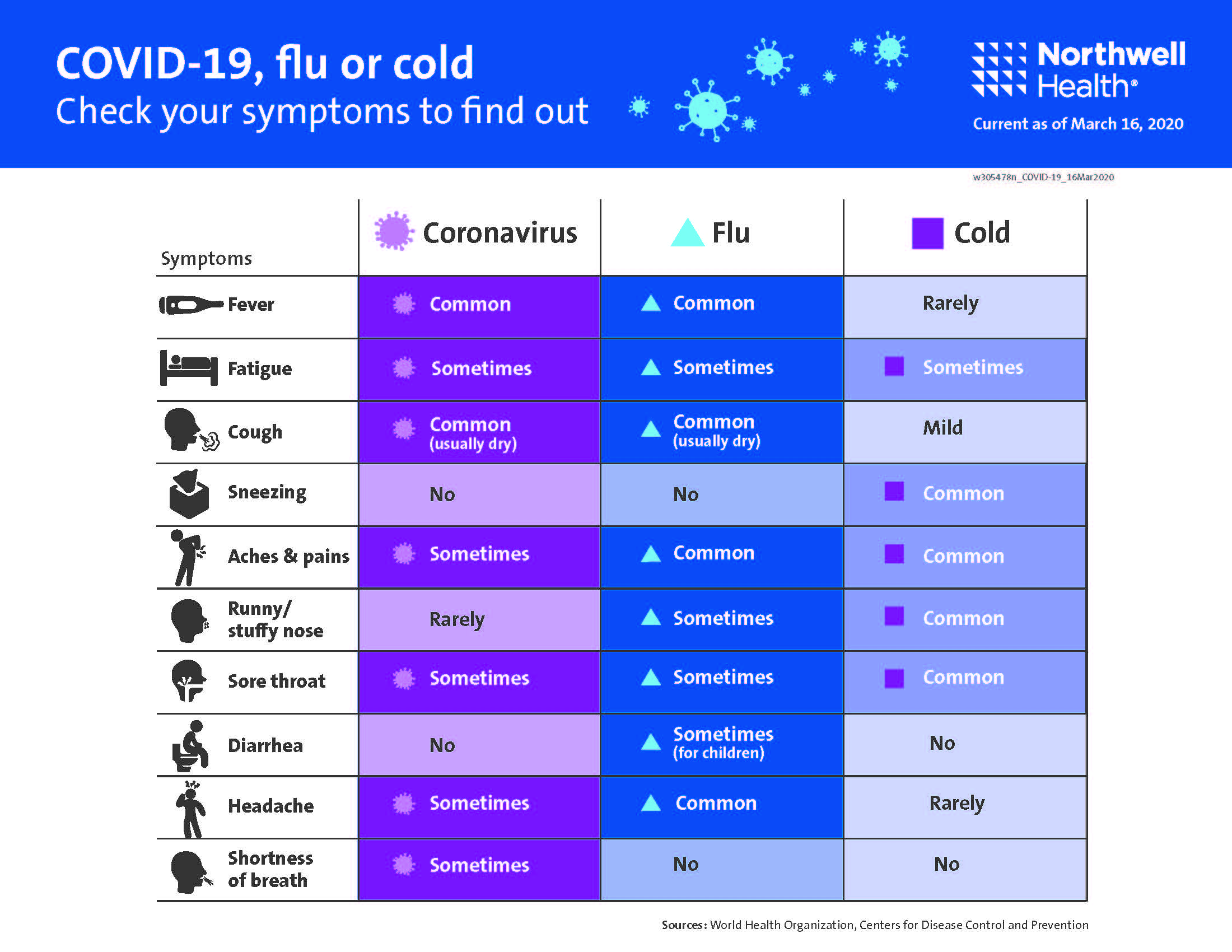Common Symptoms of COVID-19 Variants

Covid variants symptoms – Different variants of the COVID-19 virus have emerged since the pandemic began, each with its own unique characteristics. While the core symptoms of COVID-19 remain largely consistent across variants, there are some variations in the severity and duration of symptoms associated with each strain.
The Omicron variant of COVID-19 is wreaking havoc, with its highly transmissible nature and diverse symptoms. From fever and cough to loss of taste and smell, it’s a relentless adversary. But amidst this health crisis, there’s also a glimmer of hope for those facing financial hardship.
For the latest updates on SSI, SSDI, and VA stimulus checks, head over to this comprehensive resource. Stay informed, and let’s navigate this pandemic together.
Alpha Variant
- Fever
- Dry cough
- Fatigue
- Loss of taste and smell
- Muscle aches
- Headache
Beta Variant
- Fever
- Dry cough
- Fatigue
- Shortness of breath
- Muscle aches
- Headache
Delta Variant
- Fever
- Dry cough
- Fatigue
- Shortness of breath
- Muscle aches
- Headache
- Loss of taste and smell
Omicron Variant
- Runny nose
- Sore throat
- Fatigue
- Headache
- Muscle aches
- Sneezing
- Low-grade fever
It’s important to note that the symptoms of COVID-19 can vary widely from person to person, and some individuals may experience only mild symptoms or no symptoms at all. Additionally, the severity and duration of symptoms can depend on factors such as age, overall health, and vaccination status.
The latest COVID variants have thrown us a curveball, just like the one James Wood threw in his recent baseball game. With symptoms ranging from mild to severe, these variants are a challenge we must face head-on. Let’s stay vigilant and follow health guidelines to keep the curve flat and our loved ones safe.
| Variant | Key Symptoms | Unique Features |
|---|---|---|
| Alpha | Fever, dry cough, fatigue | Loss of taste and smell |
| Beta | Fever, dry cough, fatigue | Shortness of breath |
| Delta | Fever, dry cough, fatigue, shortness of breath | Loss of taste and smell |
| Omicron | Runny nose, sore throat, fatigue | Mild symptoms, more transmissible |
Variant-Specific Risk Factors and Complications

The severity of COVID-19 symptoms and the risk of developing complications vary depending on the specific variant of the virus. Certain variants have been associated with increased transmissibility, virulence, and resistance to vaccines and treatments.
Risk Factors
- Age: Older adults and individuals with underlying health conditions are at higher risk of severe illness from COVID-19, regardless of the variant.
- Underlying Health Conditions: Chronic diseases such as heart disease, lung disease, diabetes, and obesity increase the risk of severe COVID-19 outcomes, including with variant infections.
- Immune Suppression: Individuals with weakened immune systems, such as those undergoing chemotherapy or organ transplantation, are more susceptible to severe COVID-19, including infections caused by variants.
- Vaccination Status: Unvaccinated individuals are at significantly higher risk of severe illness and complications from COVID-19, including variant infections.
Complications
COVID-19 infections, including those caused by variants, can lead to a range of complications, including:
Respiratory Issues
- Pneumonia: Inflammation and fluid buildup in the lungs, causing difficulty breathing and oxygen exchange.
- Acute Respiratory Distress Syndrome (ARDS): Severe lung injury characterized by fluid buildup, leading to respiratory failure.
- Respiratory Failure: Inability of the lungs to provide sufficient oxygen to the body, requiring mechanical ventilation.
Cardiovascular Problems
- Myocarditis: Inflammation of the heart muscle, causing chest pain, shortness of breath, and arrhythmias.
- Pericarditis: Inflammation of the sac surrounding the heart, causing chest pain and fluid buildup.
- Blood Clots: COVID-19 can increase the risk of blood clots in the lungs, heart, and other organs.
Neurological Effects
- Stroke: Blockage or rupture of blood vessels in the brain, leading to neurological deficits.
- Encephalitis: Inflammation of the brain, causing seizures, confusion, and other neurological symptoms.
- Guillain-Barré Syndrome: An autoimmune disorder that affects the nerves, causing weakness and paralysis.
The risk of developing these complications varies depending on the variant of the virus and individual risk factors. Some variants have been associated with a higher risk of certain complications, such as the Delta variant with increased risk of severe respiratory illness and the Omicron variant with a lower risk of severe disease but higher transmissibility.
Impact of Variants on Vaccination and Treatment: Covid Variants Symptoms

The emergence of COVID-19 variants has posed significant challenges to the effectiveness of existing vaccines and treatments. These variants, with their unique mutations, have affected the virus’s transmissibility, severity, and response to therapeutic interventions.
Some variants have shown reduced susceptibility to neutralizing antibodies induced by current vaccines, leading to decreased vaccine efficacy. This has necessitated the development of updated vaccines that can provide broader protection against circulating variants.
Updated Vaccines
Ongoing research and development efforts are focused on creating updated vaccines that target specific variants or offer broader protection against a range of variants. These vaccines may use different technologies, such as mRNA or protein-based platforms, to induce an immune response tailored to the evolving virus.
Variant-Specific Therapies, Covid variants symptoms
The development of variant-specific therapies is also crucial to combat the challenges posed by new variants. These therapies may include monoclonal antibodies, antiviral drugs, or other treatments designed to target the unique characteristics of specific variants.
Ongoing Research
Researchers continue to monitor the emergence and spread of new variants, studying their impact on vaccine efficacy and treatment outcomes. This ongoing research is essential for developing effective strategies to combat variant-specific COVID-19 infections and protect public health.